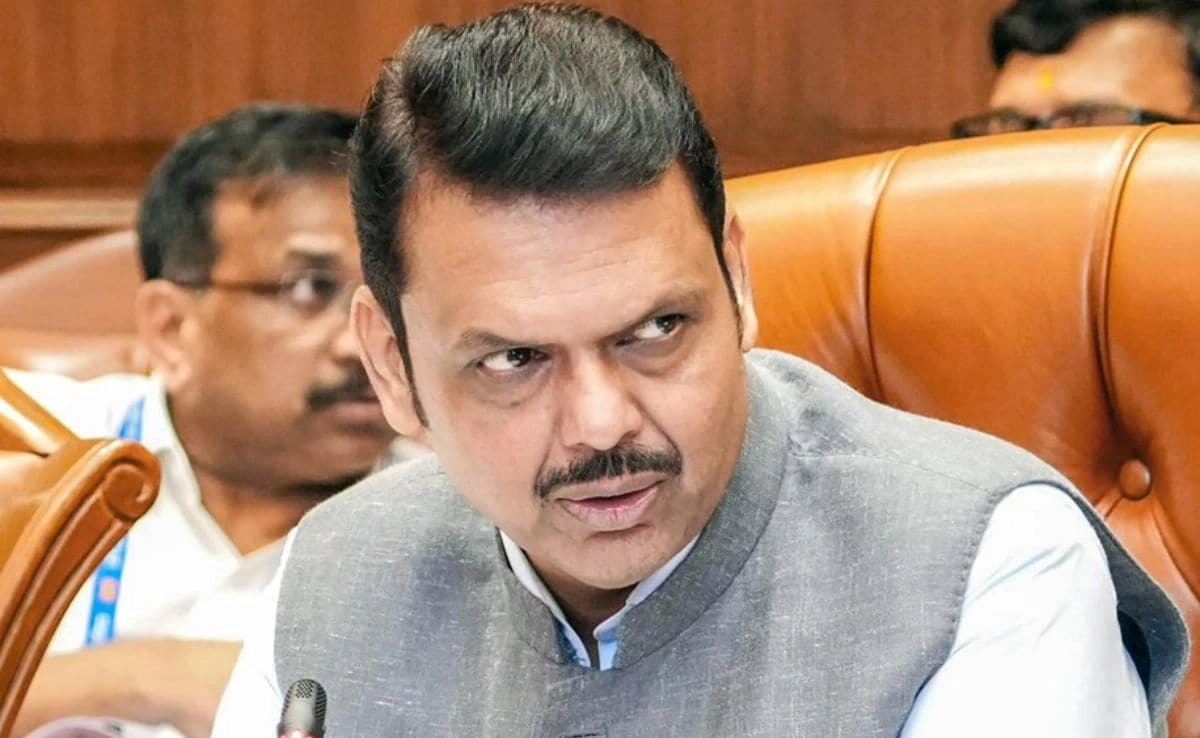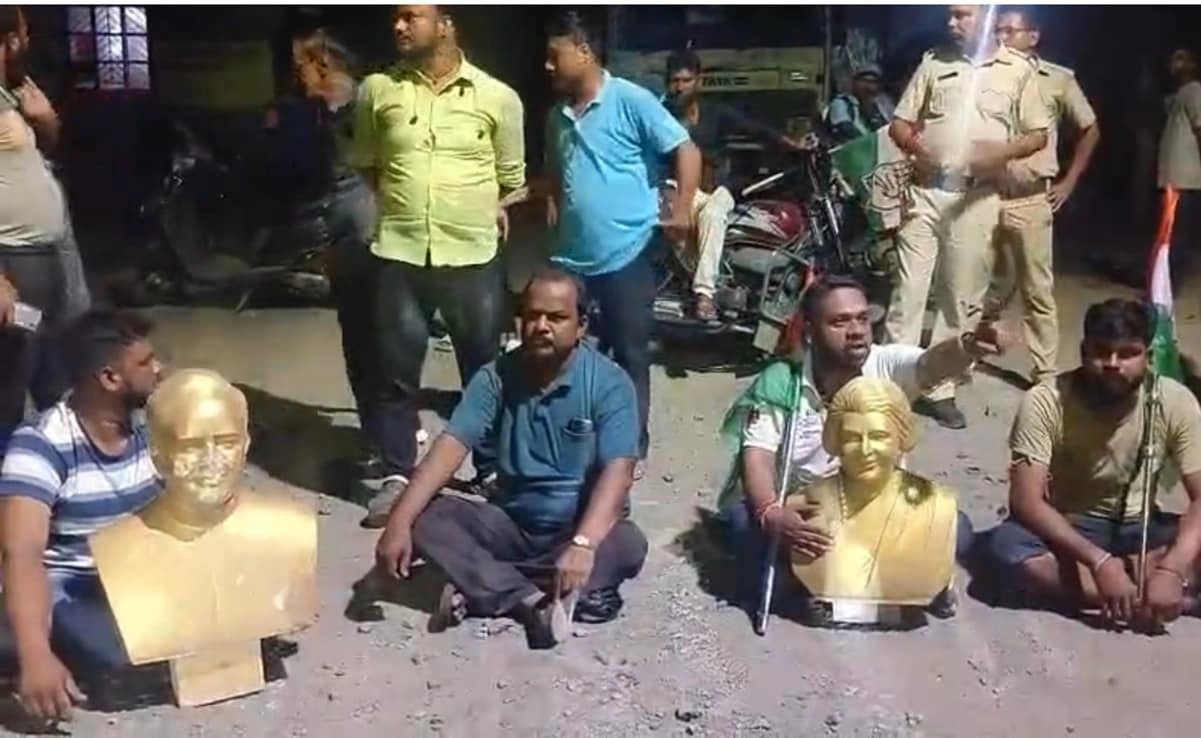In a controversial statement, Devendra Fadnavis, the Deputy Chief Minister of Maharashtra, announced a significant policy shift regarding the issuance of Scheduled Caste (SC) certificates. According to Fadnavis, the government will scrap SC certificates for individuals from communities other than Hindus, Buddhists, and Sikhs. This declaration has sparked widespread debate and concern among various social and political groups, as it raises questions about the inclusivity and fairness of caste-based affirmative action in the state.
Fadnavis’s assertion is rooted in the belief that SC status should be limited to those communities that have historically faced discrimination and social injustices primarily associated with Hindu caste hierarchies. By proposing to exclude other groups from SC benefits, the government aims to address what it perceives as the dilution of the SC identity, which has been a crucial aspect of social justice initiatives in India. Critics, however, argue that this move could exacerbate existing inequalities and marginalize those who may not strictly identify with the three mentioned religions but still face socio-economic challenges.
The decision has significant implications for various communities, especially those who do not identify as Hindus, Buddhists, or Sikhs but have been classified as SCs under previous regulations. Activists and opposition parties have raised concerns about the potential disenfranchisement of these groups, emphasizing the need for a more nuanced understanding of caste and its complexities in contemporary society. They argue that the government’s stance could lead to increased social tensions and a backlash from communities that feel their rights are being undermined.
Furthermore, this policy could set a precedent for similar actions in other states, potentially leading to a fragmented approach to caste-based reservations across India. The historical context of caste dynamics in India is intricate, and any policy changes must consider the diverse experiences of various communities. As this issue continues to unfold, it will be crucial to monitor the reactions from civil society, political parties, and affected communities to gauge the broader impact of Fadnavis’s announcement on social cohesion and justice in Maharashtra and beyond.




